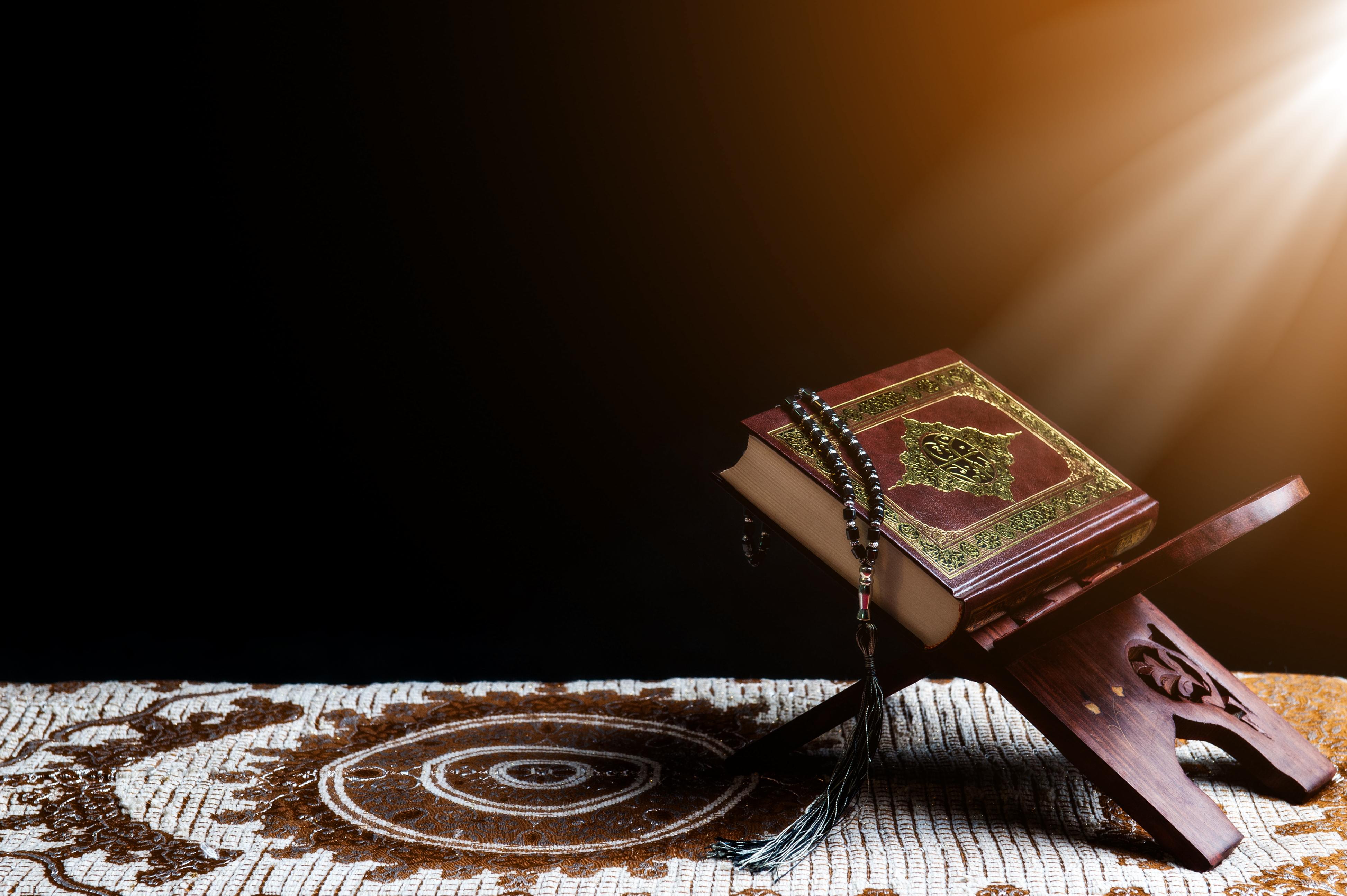
For any Muslim, praying to Allah (SWT) is an essential part of each day and makes up one of the Five Pillars of Islam. Due to this, it is important to pray with the intent of reaching out to Allah (SWT) and to be accepted by him.
We pray five times a day to Allah (SWT), each time connecting with him. Everything a Muslim brother or sister does has to be for God’s sake, for his happiness and his blessings. Without this intent whilst praying, when we share an audience with him, the act of worship is meaningless.
Here we explore the important facets of prayer in Islam, allowing us to identify where our intent and dedication to faith can be displayed. With these in mind, the entire Ummah can strive to worship Allah (SWT) in all his glory.
It is a tradition for Muslims to pray five times a day, setting the rhythm of the day for those of Islamic faith. These five set times of prayer are:
This ritual is a highly spiritual occasion that connects Muslim brothers and sisters all around the world, each of whom are reaching out to Allah (SWT). Children as young as seven are encouraged to pray and to play an active part in their faith.
The most important prayer of a Muslim’s week is Jumah, also known as the congregational prayer. Al-Jumah is the Arabic word for Friday, which is when this event takes place, whilst the prayer itself is undertaken at the mosque. This is because Muslims believe Friday was chosen by Allah (SWT) as the dedicated day of worship and it is therefore encouraged for those of Islamic faith to come together and worship as a community.
Friday Jumah prayers are generally longer than the usual midday prayers, lasting anywhere between 30 minutes and an hour. A sermon, delivered by either a male professional, clergy member or upstanding member of the community clergy, takes place at the mosque. It is a requirement for all Muslim men, assuming they are not travelling, to attend the Friday prayers whilst it is optional for women.
The importance placed on Jumah is clear in the Holy Qur’an, with the Prophet Muhammad (PBUH) outlining the value of praying in congregation to Allah (SWT).
Prayers and intent are taken extremely serious in Islam, so much so that Muslims must be clean and pristine in the eyes of Allah (SWT) when they connect with him through prayer. Before Muslims pray, they must complete the ritual washing, known as wudhu.
The Prophet Muhammad (PBUH) said that cleanliness is half of faith. As part of wudhu, Muslims begin by washing their right hand and then the left hand three times. Mosques include cleaning facilities to allow Muslims attending congregational prayers to perform this ritual.
As well as taking care of one’s hygiene, Muslims should also be presented in smart clothing when praying to Allah (SWT), as it is a display of one's intention of pleasing Him. Loose-fitting clothing that covers arms and legs should be worn by both adult men and women, with women expected to bring a scarf, although not all mosques demand that females cover their heads. Children can wear any clothes that they are comfortable in but should still be dressed respectfully when connecting with God.
To pray with intent means that Allah (SWT) has your full and undivided attention. Regardless of whether you are praying at home, at work or in the mosque, you should do so in quiet reflection and should not be talking to others once you have entered the prayer hall (or your prayer area).
You should also limit any other potential distractions by turning off your mobile phone and any other devices in or around the room. If your phone begins to ring whilst praying, this will not only distract you but also others in the area, thus disconnecting you from Allah (SWT) and taking away from the value of your prayers.
It is also considered disrespectful to walk in front of a Muslim who is praying as this can interrupt them from their prayer and detracts from their rewards. The Prophet Muhammad (PBUH) forbids anyone to walk in front of a worshipper: “If the one who walks in front of a person who is praying knew that is upon him, standing for forty would be better for him than passing in front of someone who is praying.” - The Prophet Muhammad (PBUH)
We implore you to consider those who are living in desperate conditions throughout your prayers. Here at UK Islamic Mission, we continue to do everything that we can to help those living in the midst of poverty and conflict both here at home and around the world. It is only with your kind donations that we can continue to help those most deserving.
Please donate to UK Islamic Mission today to allow us to continue our work and help keep all our brothers and sisters safe, warm and fed. Whatever you can give will go a long way to helping those in need.
Copyright © 2025 UKIM All Rights Reserved.
UK Registered Charity Since 1962
Charity Registration No. 250275


